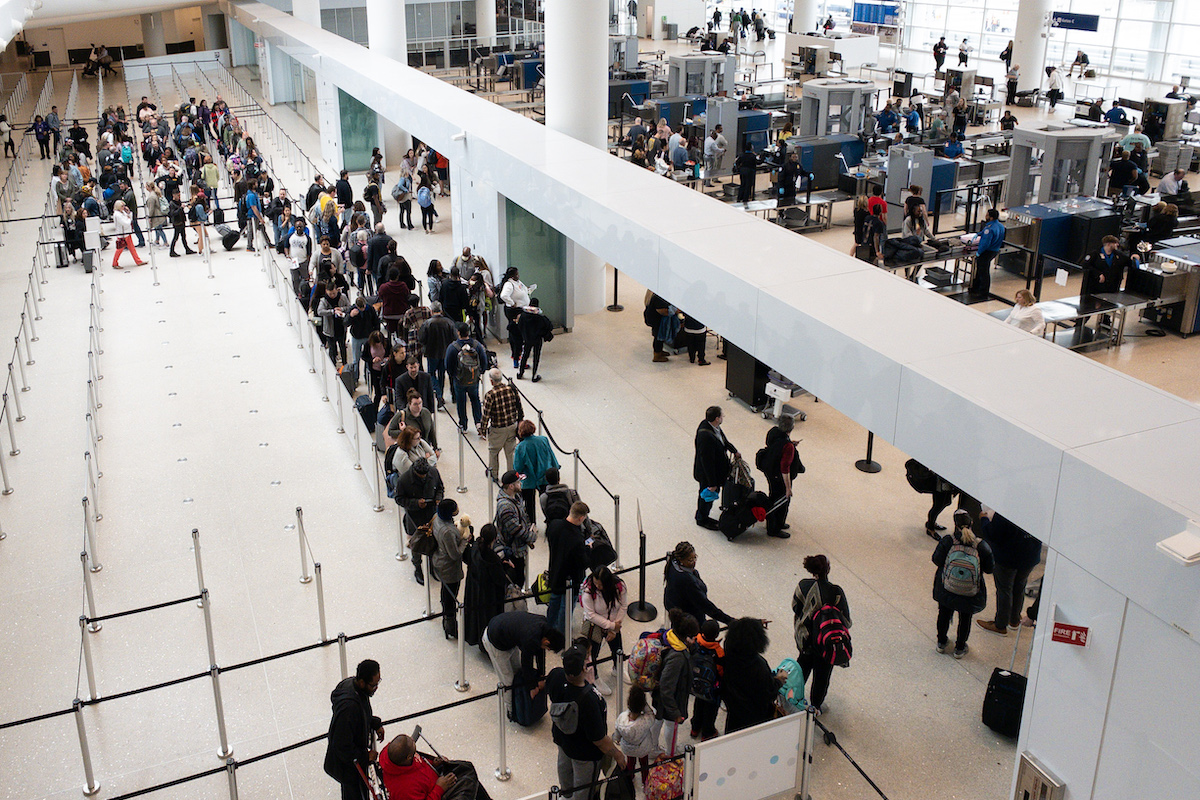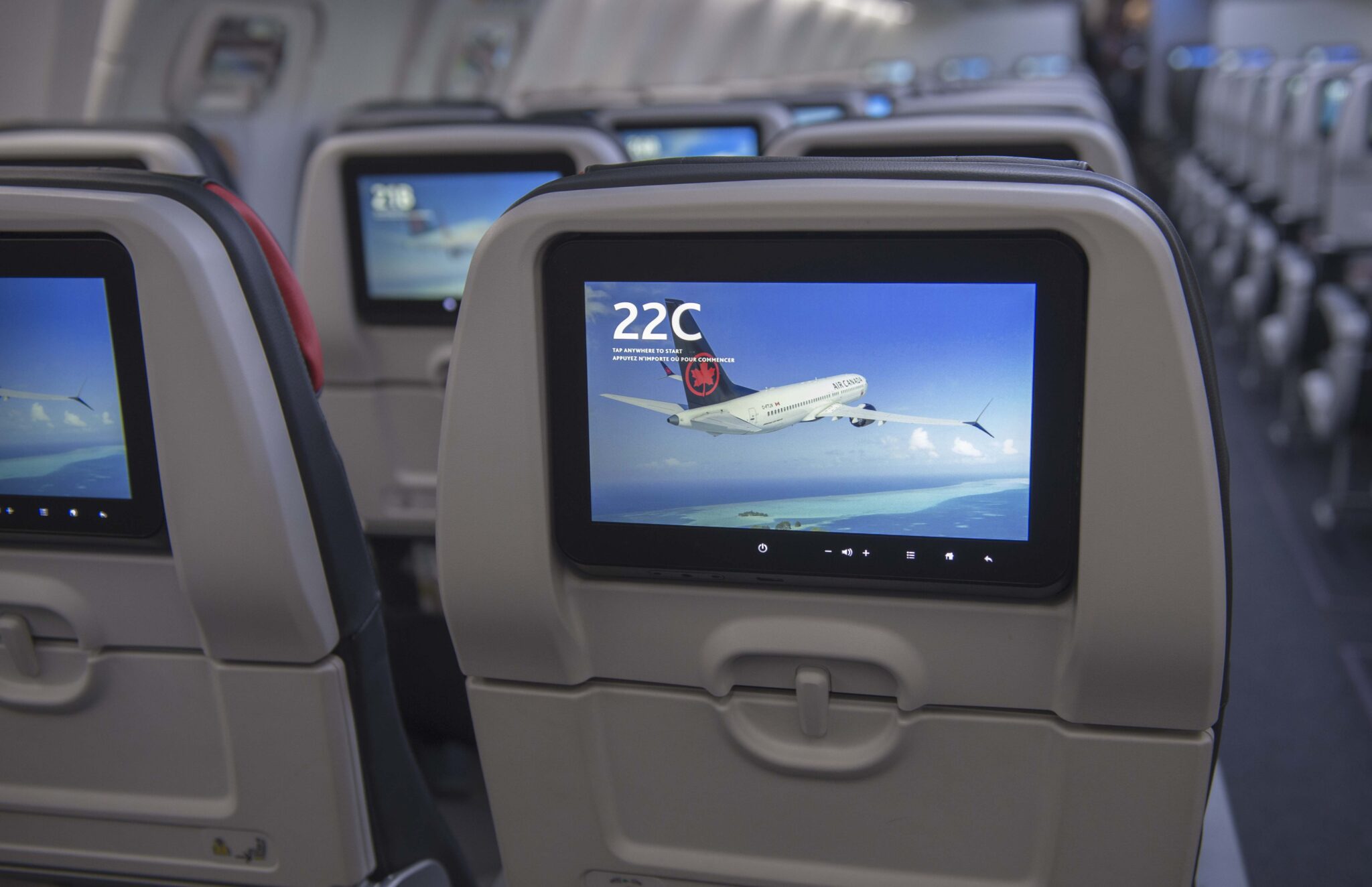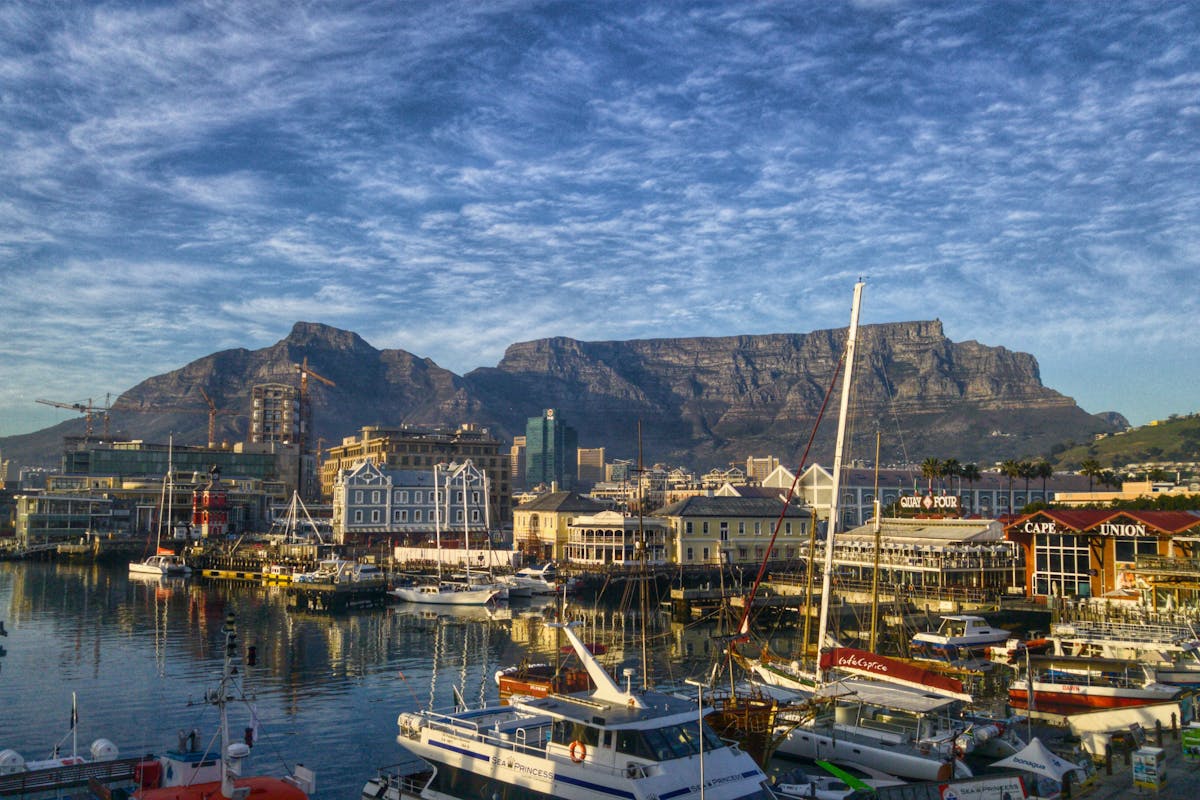Big Changes Coming for U.S. Travelers Using British Airways Points
Skift Take
British Airways’ loyalty program is about to become a lot less useful for U.S.-based passengers.
Last week, the carrier announced plans to change Executive Club to increase the cost of short-haul award tickets by 40%. The increase only applies to flights from and to U.S. destinations, which means that only OneWorld partner flights on American Airlines are affected. For Executive Club members primarily using Avois to book award flights in the U.S. though, that’s a pretty big deal.
Typically, members of the Executive Club are billed for award tickets as a function of the distance between the two airports. At the low end of that spectrum for flights under five hundred miles, the least expensive tickets in the current Executive Club are pegged at 4,500 points one-way or 9,000 points return. And for English passengers, that makes sense. Most revenue flights within five hundred miles of London are fairly inexpensive (so it doesn’t make sense to charge many points) while egregious UK departure and luxury taxes help keep rampant ticket booking in check.
But for U.S.-based members booking on American Airlines, that calculus is different. Taxes on award tickets for domestic flights are scarcely more than $5.00 per leg, while a five hundred mile radius around many markets opens up a huge spectrum of potential tickets for only 4500 miles.
From New York City, for example, five hundred miles can get a passenger to Boston, Philadelphia, Washington, D.C., Montreal or even Detroit. Compare that to 12,500 miles on a domestic legacy carrier or a $200 revenue ticket and the British Airways advantage is clear.
Realizing this, many frequent travelers have been exploiting the British Airways loophole for years, booking inexpensive 4,500 mile tickets — many at the last second — en masse. With these upcoming changes, British is finally shutting them down.
Changes to the Executive Club are set to fall into place on February 2nd of 2016. Prior to that, the loophole will remain open for exploitation.




